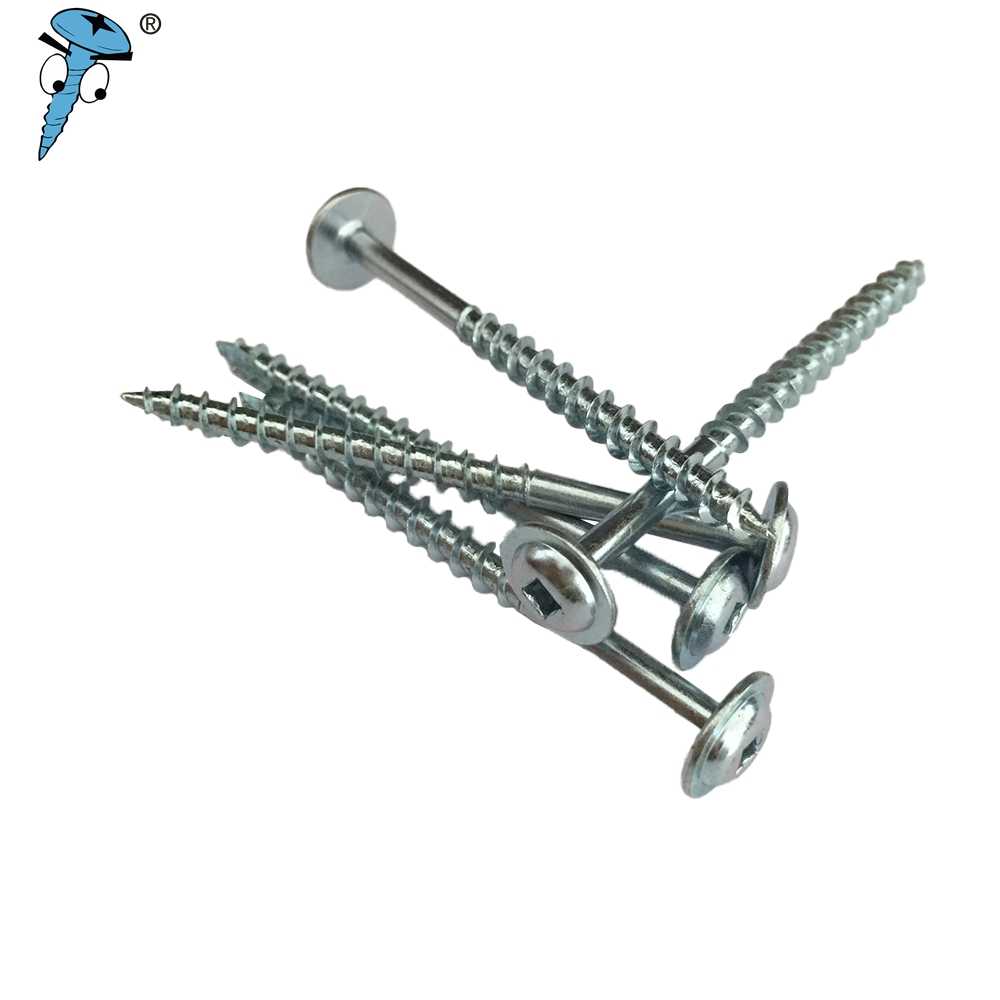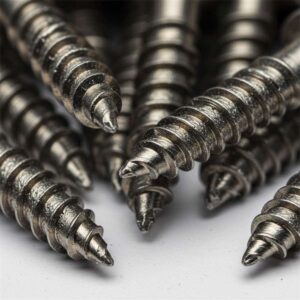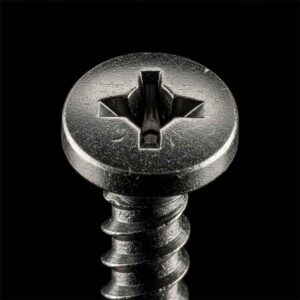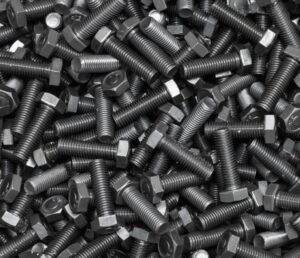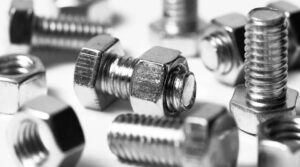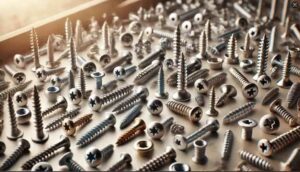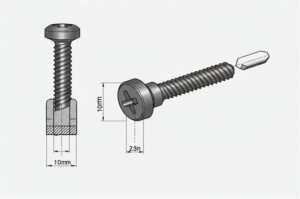About Self-threading & Self-tapping Screws
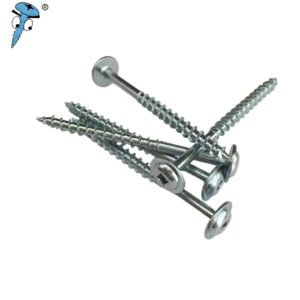
Self-threading and self-tapping screws are two different types of screws that share a standard functionality to connect or join parts. Both screws also don’t require the need for pre-drilling holes making the installation process more efficient. Their ability to create their own threads as they are driven into a material is another feature that makes them revolutionalized fasteners among other traditional fasteners. Here are some key mechanics, benefits, and applications of self-threading and self-tapping screws:
Self-threading Screws
Self-threading screws can create their threads while being driven into the material they are screwed to. The special thread pattern allows the screw to create a precise and secure connection with its efficient cutting. The threads are designed with a helical shape that closely matches the pitch and diameter of the screw. It can be used in various materials like wood, plastic, and metal.
Self-tapping Screws
Self-tapping screws cannot only cut through threads but also create corresponding female threads in the material of application. This is because self-tapping screws have a deeper thread profile and a sharper point. When being screwed into materials the thread forms around the screw creating a stronger and more reliable connection in fastening.
6 Advantages of Self-threading and Self-tapping Screws
- Time and Labor Savings: Self-threading and self-tapping screws eliminate the need for additional steps in fastening, they can significantly save assembly time and labor costs since they do not require separate drilling or tapping steps on the surface of materials.
- Ease of Use: With the reduced installation process of self-threading and self-tapping screws, using them has benefited most workers since it requires a simpler application process.
- Improved Accuracy: These screws are engineered to provide precise results according to their specifications. With the consistent and reliable connection results of self-threading and self-tapping screws, the risk of stripped or misaligned threads can be minimized.
- Versatility: Self-threading and self-tapping screws can be used in a variety of materials including metals, plastics, and wood.
- Cost-efficient: Self-threading and self-tapping screws may have a slight difference in cost compared to traditional screws yet they propose savings from reduced labor, time, and material waste which are all beneficial and ideal choices for the long run.
Application Uses of Self-threading and Self-tapping Screws
- Construction Industry: Different areas of construction widely use self-threading and self-tapping screws to secure connections in buildings, such as metal roofing, drywall, and siding.
- Automotive and Aerospace: Both self-threading and self-tapping screws are used in the automotive and aerospace industries for assembling components and panels, as well as for maintenance and repair of vehicles and aircraft.
- Furniture Manufacturing: Furniture assembly is a common application of self-threading and self-tapping screws because of their quick and efficient performance in connecting wooden furniture parts.
- Electronics: Both types of screws are used in the assembly of electronic devices for the security of connections without the risk of damage to delicate components.
Self-threading and self-tapping screws represent a revolutionary advancement in the fastening industry for their wide range of uses and benefits. It offers improved efficiency, accuracy, and versatility to create precise results in fastening. There is no doubt that these two devices are one of the leading innovative solutions to a more enhanced and improved society.
Purchase from a reliable fastener manufacturer and supplier – Prince Fastener Manufacturing Co., Ltd. We carry a wide range of types of fasteners including custom fasteners in high-quality standards. Contact us now for more information about our company and services.
